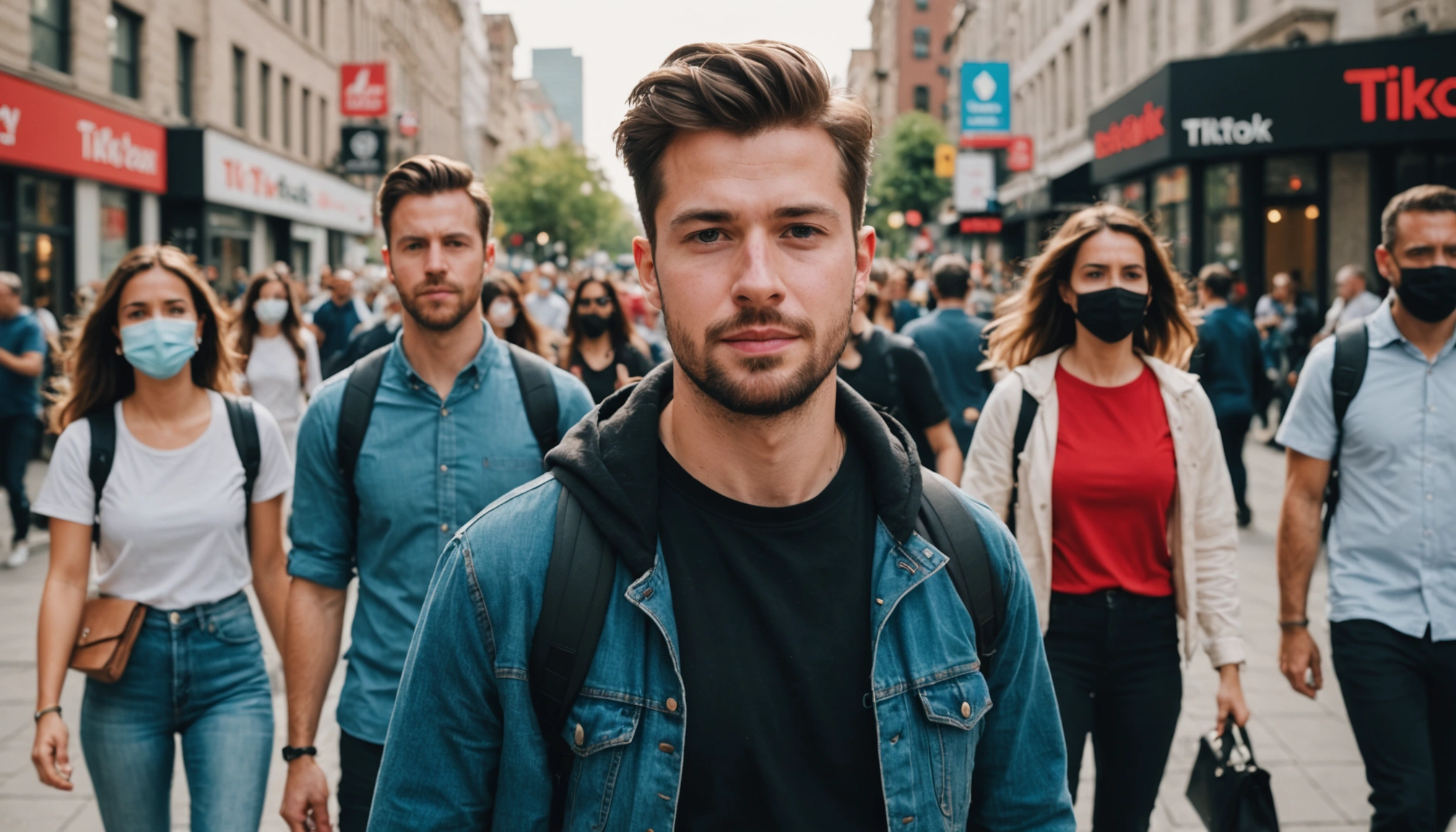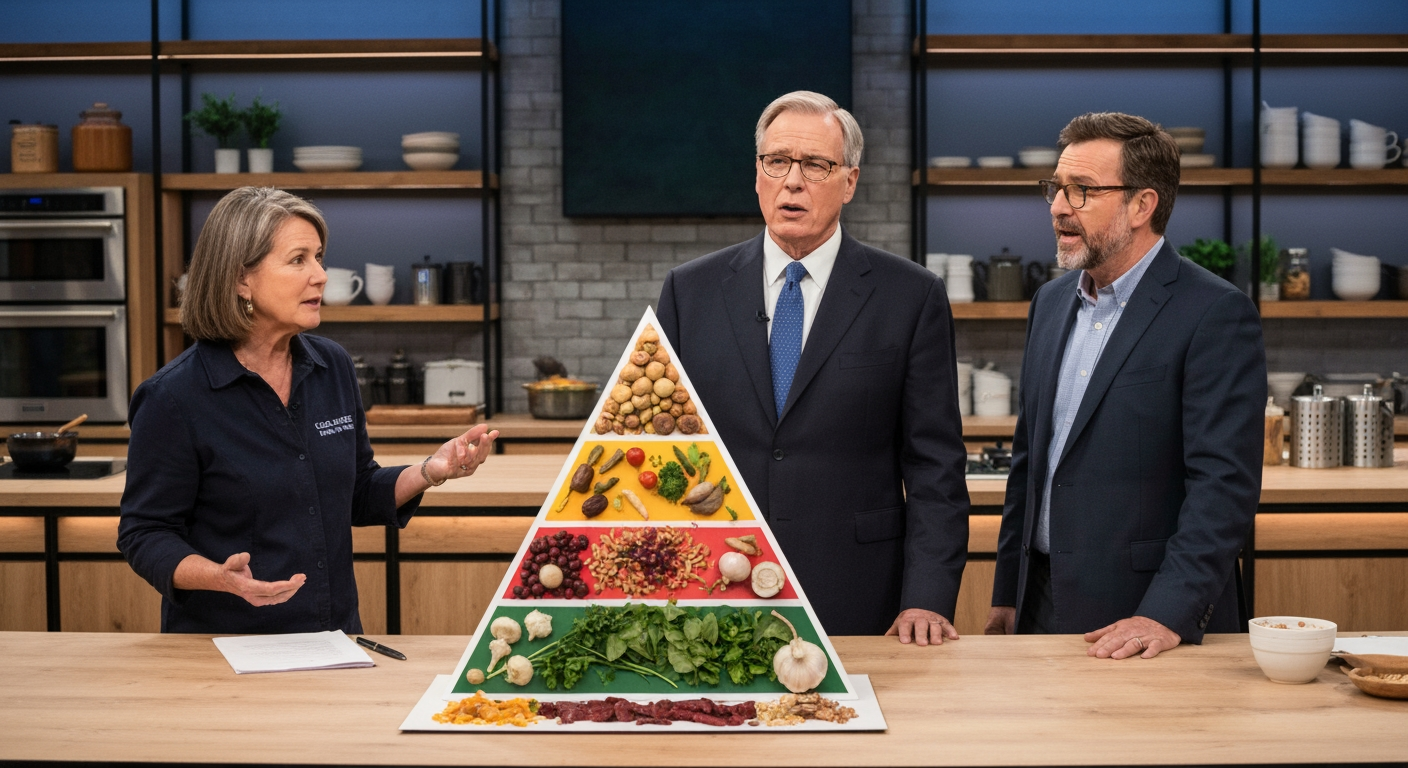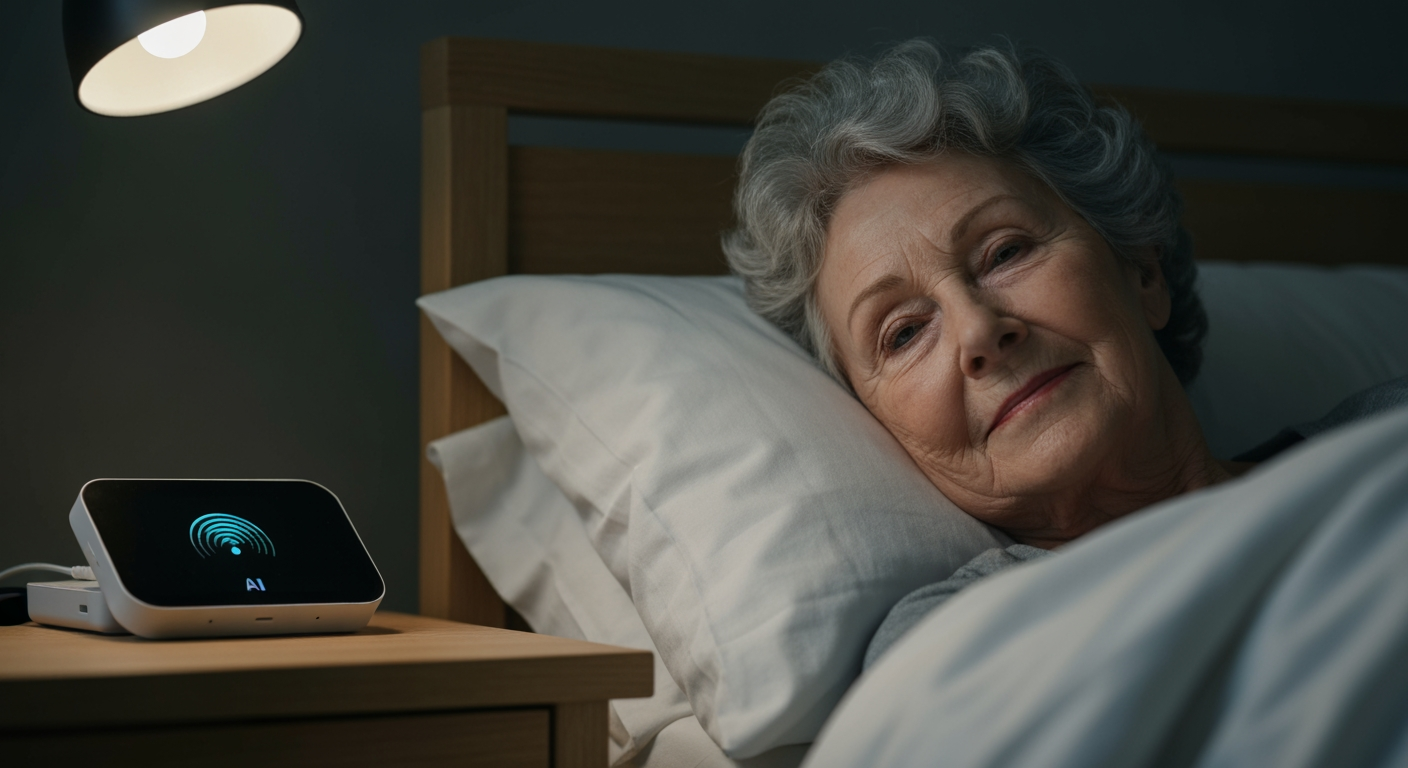TikTok's Wellness Whirlpool: Navigating the Murky Waters of Influencer Health Advice

TikTok, the ubiquitous social media platform, has become a hotbed for health and wellness advice, but a growing chorus of experts are raising concerns about the accuracy and potential dangers of information shared by influencers. While some creators offer valuable insights, many others are peddling unproven remedies, promoting misleading claims, and contributing to a landscape where separating fact from fiction can be a daunting task. This surge of misinformation poses a significant threat to public health, demanding a more critical approach to consuming health-related content online.
The Allure of the Algorithm: How Misinformation Spreads
TikTok's algorithm, designed to maximize user engagement, can inadvertently amplify misleading health advice. Videos with sensational claims, dramatic transformations, or emotionally charged narratives often gain traction quickly, regardless of their scientific validity. This creates an echo chamber where unverified information is repeatedly reinforced, making it seem more credible than it actually is. The fast-paced, visually driven nature of the platform further exacerbates the problem, as users are less likely to scrutinize information presented in short, attention-grabbing videos.
The problem is compounded by the fact that many wellness influencers lack formal medical training or scientific expertise. While some may have good intentions, their advice is often based on personal anecdotes, anecdotal evidence, or misinterpreted research. This can lead to the promotion of ineffective or even harmful practices, such as extreme diets, detox cleanses, and unproven supplements. Mallory DeMille, a social media specialist, creates content that points out the unproven remedies and marketing tactics behind many wellness claims on social media. She has highlighted influencers using the Los Angeles wildfires to peddle detoxes, fear mongering about parasites, and making claims about supplements that sound different than the disclaimers on the product's websites.
Separating Fact from Fiction: A Growing Movement of Counter-Content
In response to the proliferation of health misinformation, a growing number of healthcare professionals and science communicators are taking to TikTok to debunk myths, share evidence-based information, and promote critical thinking. These experts are using the same tools and techniques as influencers to reach a wider audience, creating engaging content that challenges misleading claims and empowers users to make informed decisions about their health.
Jess Steier, a public health scientist, runs a public health data consultancy, which produces Unbiased Science, a podcast and social media science communication initiative. Steier said while wellness influencers can make sweeping claims, it takes time for scientists to dig into research and respond with facts, and when they do, “it's a lot more gray, it's a lot less sexy.” Jessica Knurick, who has a doctorate in nutrition science and is a registered dietician, spends much of her time creating social media content that includes countering wellness influencers' claims.
The Risks of Misinformation: Real-World Consequences
The consequences of following inaccurate health advice on TikTok can be significant. Individuals may delay or forgo necessary medical treatment, experience adverse reactions to unproven remedies, or develop unhealthy habits based on misinformation. For example, the promotion of restrictive diets can lead to nutrient deficiencies and eating disorders, while the use of unregulated supplements can pose risks to liver and kidney function.
Moreover, the spread of misinformation can erode trust in legitimate healthcare professionals and institutions. When individuals are bombarded with conflicting information online, they may become skeptical of expert advice and more likely to rely on unverified sources. This can have serious implications for public health, particularly during outbreaks of infectious diseases or other health crises.
Navigating the TikTok Health Landscape: Tips for Consumers
Given the challenges of identifying credible health information on TikTok, it is crucial for users to adopt a critical and discerning approach. Experts recommend the following strategies:
- Verify credentials: Check the qualifications and expertise of the content creator. Look for healthcare professionals, registered dietitians, or certified trainers with relevant credentials.
- Seek evidence-based information: Be wary of claims that sound too good to be true or that lack scientific support. Look for information that is based on research studies, clinical trials, or expert consensus.
- Consult with healthcare professionals: If you have specific health concerns, consult with a qualified healthcare provider. Do not rely solely on information found online.
- Be skeptical of anecdotal evidence: Personal stories and testimonials can be compelling, but they are not a substitute for scientific evidence.
- Consider the source: Be aware of potential biases or conflicts of interest. Some influencers may be promoting products or services for financial gain.
A Call for Platform Responsibility: Addressing the Spread of Misinformation
While individual responsibility is essential, TikTok also has a crucial role to play in addressing the spread of health misinformation on its platform. Experts are calling on the company to strengthen its content moderation policies, prioritize evidence-based information, and partner with healthcare organizations to promote accurate health messaging.
One potential solution is to implement a system for verifying the credentials of health content creators, similar to the verification badges used for other public figures. This would help users identify qualified experts and distinguish them from individuals with no formal training. Additionally, TikTok could invest in algorithms that prioritize content from reputable sources and demote videos containing misleading or unsubstantiated claims.
Conclusion: A Path Forward for Health on Social Media
TikTok has the potential to be a valuable resource for health information, but only if users and the platform itself take steps to address the spread of misinformation. By promoting critical thinking, prioritizing evidence-based content, and holding influencers accountable for the accuracy of their claims, it is possible to create a healthier and more trustworthy online environment. The stakes are high, as the health and well-being of millions of individuals may depend on their ability to navigate the murky waters of TikTok's wellness whirlpool.
Sources
Related Articles

Australia Grapples with Measles Resurgence as Vaccination Rates Lag, Experts Warn of "Too Little, Too Late" Response
CANBERRA, ACT – Australia, once hailed globally for its elimination of endemic measles, is now confronting a troubling resurgence of the highly contagious disease. A sharp increase in reported cases, coupled with declining vaccination rates, has public health officials and medical experts sounding the alarm

New U.S. Dietary Guidelines Spark Outcry, Experts Decry "Inverted" Pyramid Recommendations
Washington D.C. — The U.S. government's recently unveiled 2025-2030 Dietary Guidelines for Americans, featuring a striking "inverted food pyramid," have ignited a firestorm of criticism from nutrition experts who argue the new visual representation contradicts established science and could exacerbate public health challenges

AI Deciphers Sleep's Secrets, Unveiling Hidden Health Risks Years in Advance
Stanford Researchers Develop Groundbreaking Model Capable of Predicting Over 100 Diseases from a Single Night's Sleep Data, Ushering in a New Era of Predictive Medicine. A quiet revolution is underway in the medical world, poised to transform how health risks are identified and managed. Researchers at Stanford Medicine have engineered an artificial intelligence (AI) model, named SleepFM, that possesses an extraordinary ability: it can predict an individual's risk of developing more than 100 different health conditions, including cancers, neurological disorders, and cardiovascular diseases, from the intricate physiological data gathered during a single night of sleep